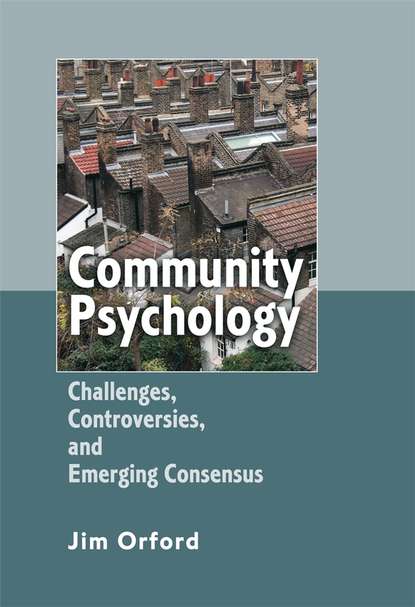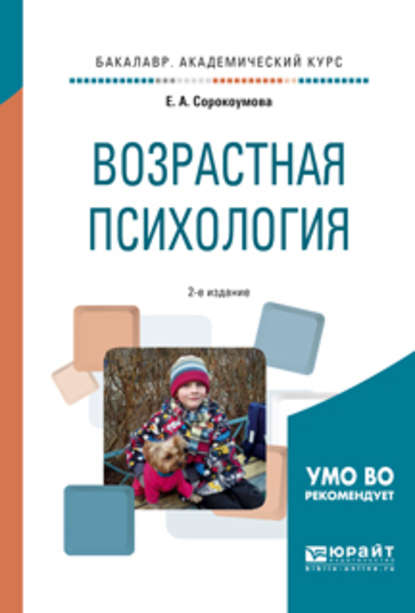Эта книга является одновременно продолжением и расширением книги «Общинная психология», опубликованной в 1992 году. Она служит учебником для курсов по общинной психологии, но теперь также включает материал о неравенстве и здоровье, поскольку оба этих аспекта касаются того, как социальное окружение индивида и системы, с которыми он взаимодействует, влияют на его проблемы и решения, которые он вырабатывает. В части 1 задается контекст, рассматривая общинную психологию в ее историческом и современном контексте. В части 2 рассматриваются обездоленные группы и их физическое и психическое здоровье. Наконец, в части 3 обсуждается применение общинной психологии и способы, которыми маргинализированным людям можно помочь путем укрепления их общин.
This book is a sequel to Community Psychology (published in 1992). It serves as both a textbook and reference work for advanced students and researchers in community psychiatry. The book also includes articles on inequalities and health because these are relevant to consideration of how individuals'social settings and systems influence their health and wellbeing.
Part one grounds community psychology by situating its historical and current underpinnings. Part two explores issues affecting socially disenfranchised groups, their physical health and well-being. Lastly, part three considers community-based approaches to address psychological distress and improve health outcomes among disadvantaged groups.
Электронная Книга «Community Psychology» написана автором Группа авторов в году.
Минимальный возраст читателя: 0
Язык: Английский
ISBN: 9780470855959
Описание книги от Группа авторов
This book is both a sequel to and expansion of Community Psychology, published in 1992. It serves as a textbook for courses on community psychology but now also includes material on inequality and health, since both are concerned with the way an individual's social setting and the systems with which they interact affect their problems and the solutions they devise. Part 1 sets the scene by locating community psychology in its historical and contemporary context. In Part 2, disempowered groups and their physical and mental health are considered. Finally in Part 3 the application of community psychology is discussed, and the ways in which marginalised people can be helped by strengthening their communities highlighted.



















